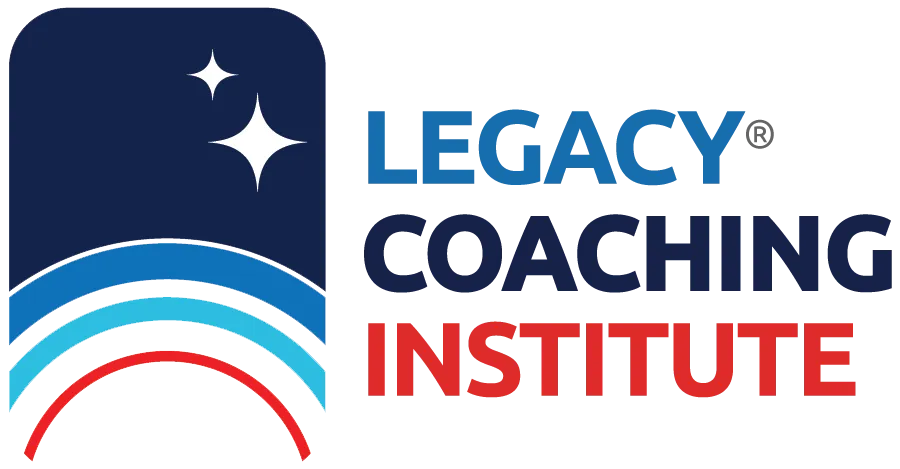Whether you like it or not, being a Life Coach puts you in a position where you are constantly the number 1 support system to everyone around you.
It comes with the job. As Coaches, we are always our own first clients who set a role models for positivity and resilience to others. Over time, people start to identify with you and define you as a Life Coach i.e. A superhuman with superpowers who is always available to support them at any time of any day.
Indeed, in this context, “people” are firstly your family and friends before the followers on your social media and your clients. As coaches, You must always know that “you”, yourself is the most important person that you will ever meet and that taking care of yourself is a necessity that you may not sustain without.
Therefore, there are 3 things that you need to do in order to take care of yourself, as a human firstly, and as a coach, of course, otherwise taking care of others becomes a chore rather than a passion.
Before jumping into the self-care for a coach you can also know over healing inner self through art with our course Self Healing with Art
Here are the 3 Simple Things That You Should Put in Your Coach’s Mind:
1- Coach Fatigue
Ever heard of this term, Coach Fatigue? Maybe. We have all reached it at one point, especially, during the beginning of our careers where we finally get to unleash our maximum potential with helping others. Coach Fatigue could be easily reached if you had done intensive coaching in such a short amount of time and have reached a point where you need a break from coaching itself until you rebalance and neutralize again.
Yes, we have it in us that we would love to help everyone, however, we must know that we must be able to say NO to clients when our schedules are full. We must know that no matter how much they convey things as an emergency, it really is never an emergency, therefore, we can always give them another day other than TODAY or TOMORROW which are filled with two sessions already. Your mental rest as a coach is a priority if you are planning on sustaining your life coaching career!
2- Emotional Boundaries
Constant and chronic exposure to the struggles of other people can affect you as a coach, emotionally, such as lack of creativity, anger, lack of sleep, feeling numb while dissociating, incapability to listen, and lack of eye contact.
Furthermore, it can affect a coach physically such as, headaches, high or low blood pressure, constant fatigue and lack of energy, memory deficiency, and lack of concentration. Hence, it is very important that we protect our emotional boundaries just the same way we protect our physical boundaries from others.
For instance, do not sympathize with the client as you are not them, hence, you are not living their life and adopting their emotions and feelings. Instead, you may certainly empathize with them and show complete support.
Most importantly, you are not available to your clients all the time. In other words, you are fully present with them during the session and the follow-up call during the week, however, you are not to be present at all when they are having an emotional roller coaster and would like to call you and vent. Of course, you can do it if you want to, however, it will harm your professional image in the long run and will deteriorate your emotional boundaries in a short time.
3- Wellness and Mindfulness
We need to be extra cautious with protecting our energies, psychological barrier, and our chakras. I personally rely on mindfulness activities to do so as I deal with so many clients of all coachability degrees of whom some are very positive, others could be negative, and others may be toxic. Hence, I must always indulge in mindful activities such as Yoga and meditation to rebalance my energy if I feel that it has been violated in the process. Most importantly, I must always express myself every day on paper since expressing myself to others would preach confidentiality. Simply, I journal everything that happened to me during the session and I ended up throwing the paper away. I express on paper the four healing emotions, such as anger, fear, sadness, and sorrow. I am constantly aware to put myself first in order to continue giving back.
We must normalize self-care and not categorize it as a selfish act or a narcissistic act. We must do it as coaches as we must take precautions to catch feelings since we are constantly exposed to feelings and emotions. No matter how good or experienced, you never know which emotion from the other side or in the session had triggered an unhealed part inside of you yet. Therefore, we must take care of our psychological barrier, our emotional boundaries, and our heart and mind.
